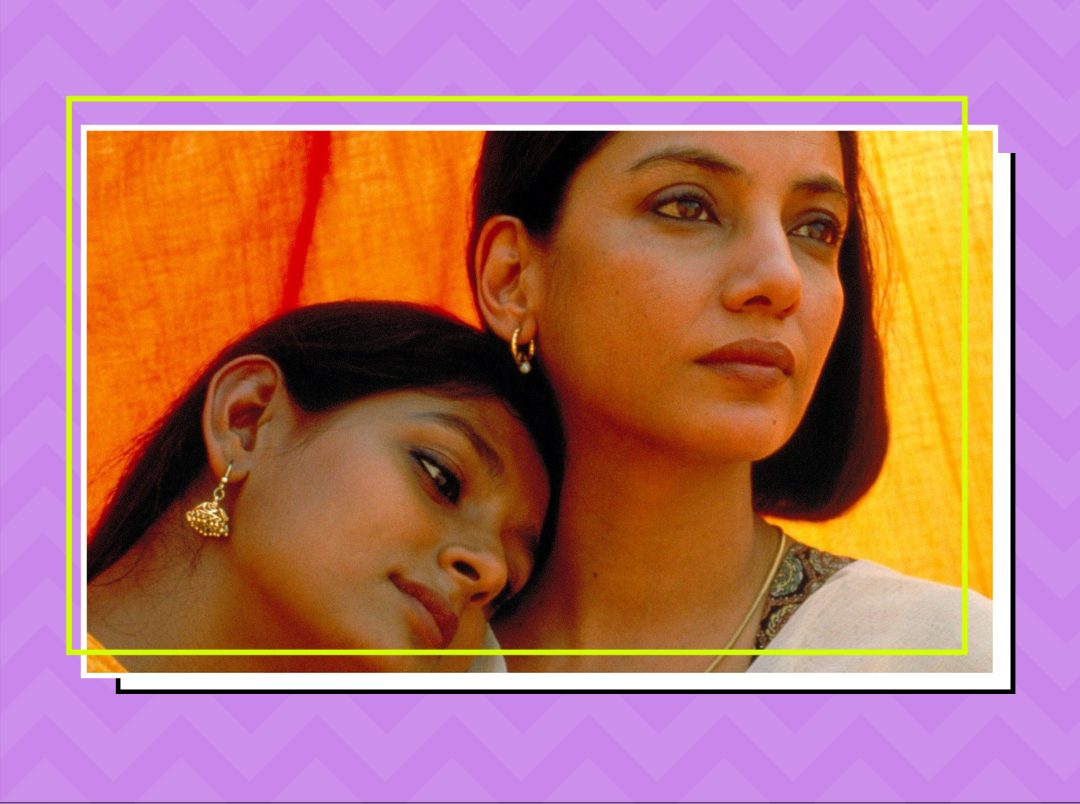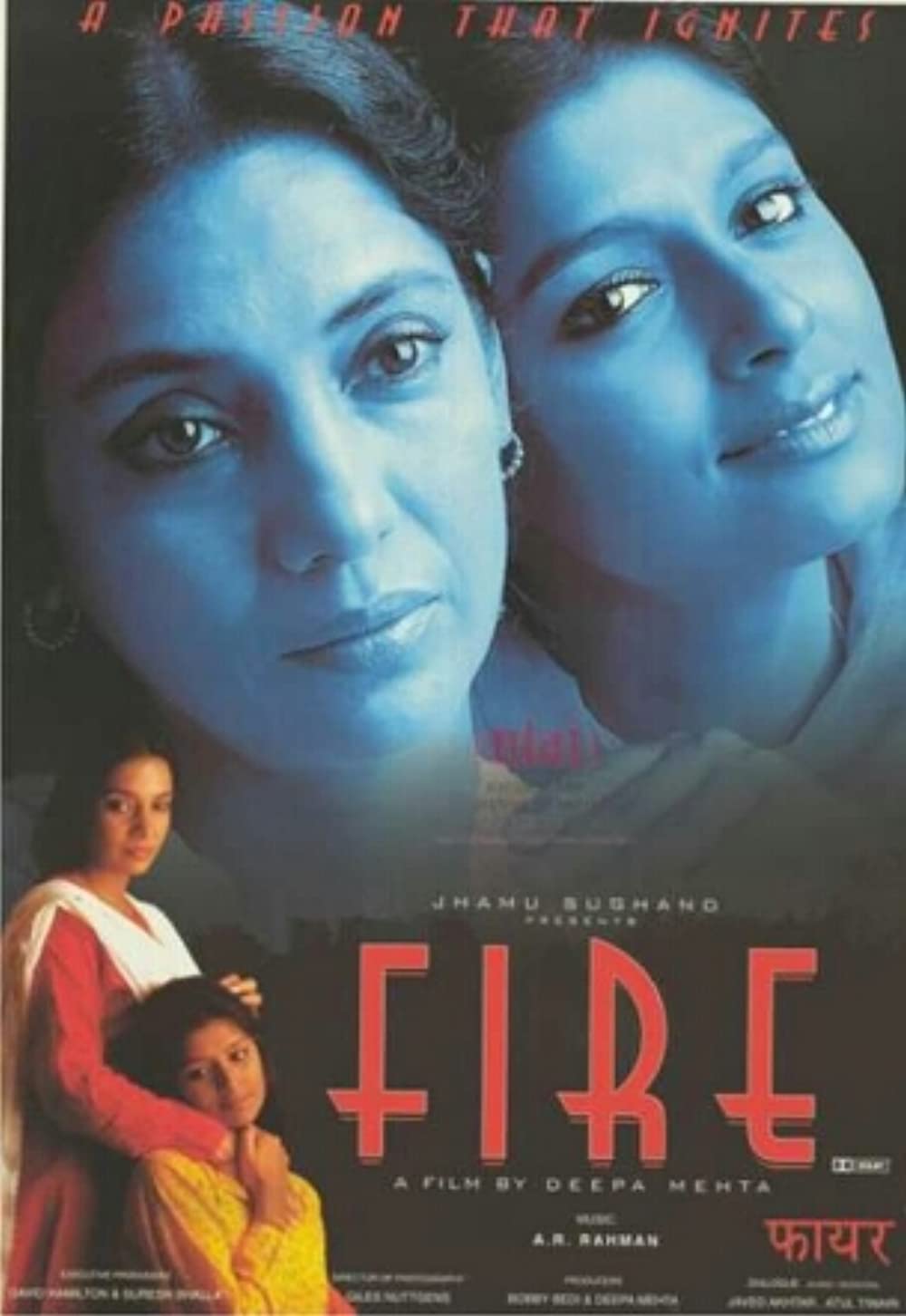
If you were to rewatch your favourite Bollywood films from decades ago, you’ll realize just how problematic most of them are. A lot of movies from the past (some new movies, too!) are pretty sexist, homophobic, fatphobic, and glorify toxic behaviour. Contrastingly, there have also been a few movies with progressive themes that offer a refreshing take on issues that were considered taboo back then. They were way ahead of their time, and in fact, some of them are progressive even by today’s standards! Let’s quickly take a look at some of those films.
Fire (1996)

While it’s becoming more common to see movies that break the heteronormative sphere time and again, films on same-sex relationships were virtually unheard of in 1996 when Deepa Mehta’s Fire had released. The film revolves around the relationship between two women (played by Shabana Azmi and Nandita Das) who are stuck in loveless marriages. This film faced extreme criticism after its release in India, and was clearly, way ahead of its time.
Monsoon Wedding (2001)
Set against the backdrop of a chaotic wedding, the monsoon wedding has several parallel plotlines running. What sets the movie apart is the character Ria Verma, who decides to speak against the sexual abuse she was subjected to by members of her own family. It is one of the earliest films in India that dealt with the issue of domestic child abuse.
Kabhi Alvida Naa Kehna (2006)
Starring the biggest bollywood stars, Kabhi Alvia Naa Kehna ventured into the realities of life. At a time when sugarcoated, successful love stories were extremely popular, the film took a brave step by showcasing infidelity, abusive relationships, and failing marriages. By no means was this film a masterpiece, but it definitely gets brownie points for attempting to portray the reality of extra marital affairs and infidelity.
Arth (1982)
In this film, Shabana Azmi plays the role of Pooja, whose life turns upside down when she finds out that her husband is having an extra marital affair. Pooja decides to take charge of her life, becomes independent and goes on to find a new meaning to life. The film has a feminist message, and while it was released in 1982, it remains relevant even today.
Abhimaan (1973)
Abhimaan, starring Jaya and Amitabh, portrays a subject that has been relatively untouched by Bollywood. The film is centered around Subir and his wife Uma who are both well established singers. However, Uma outshines Subir, and it drives a wedge between the couple fueled by Subir’s insecurities.
This film released over four decades ago, yet addresses gender disparity, and sexism. Additionally, the makers of the film made a conscious decision not to pit the female characters against each other and turn it into a catfight. The evidence lies in the on-screen relationship shown between Uma and Chitra, one of Subir’s ex.
Guide (1965)
Guide was a revolutionary story which showed its female lead Rosie as a strong willed woman who walked out a failing marriage and was courageous enough to pursue what her heart wanted. Though it may not seem like much, it’s important to remember that the film released in 1965, when the society was far more conservative.
Lamhe (1991)
Lamhe potrays the female lead, Sridevi, as an independent thinker who is capable of exercising her freedom to choose. Very rarely did a Bollywood movie celebrate women’s agency back then, making this film a standout. While this film didn’t receive a thundering response at the box office when it released, it remains timeless!
No Smoking (2007)
A quick glance at the box office numbers for No Smoking will have you believe it was a flop film. However, that failure can be contributed to the unreadiness of movie-goers to watch a movie with a composite theme. The movie explores the concept of dream v/s reality using dark humour and horror. You’ll enjoy it if you like neo-noir style of filmmaking.
Which of these films have you watched already?
Featured Image; Rottentomatoes
Read More From Entertainment
Move Over Dangal: This Bollywood Classic Holds the Record for Highest Ticket Sales Abroad
Vedika Negi
“Period Cramps Are Psychological,” Says Tina Ahuja & We’re Shaking Our Heads
Vedika Negi
Astrologer Predicts Divorce for Aishwarya-Abhishek & Sonakshi-Zaheer, But Is It Really Necessary?
Isha Jain